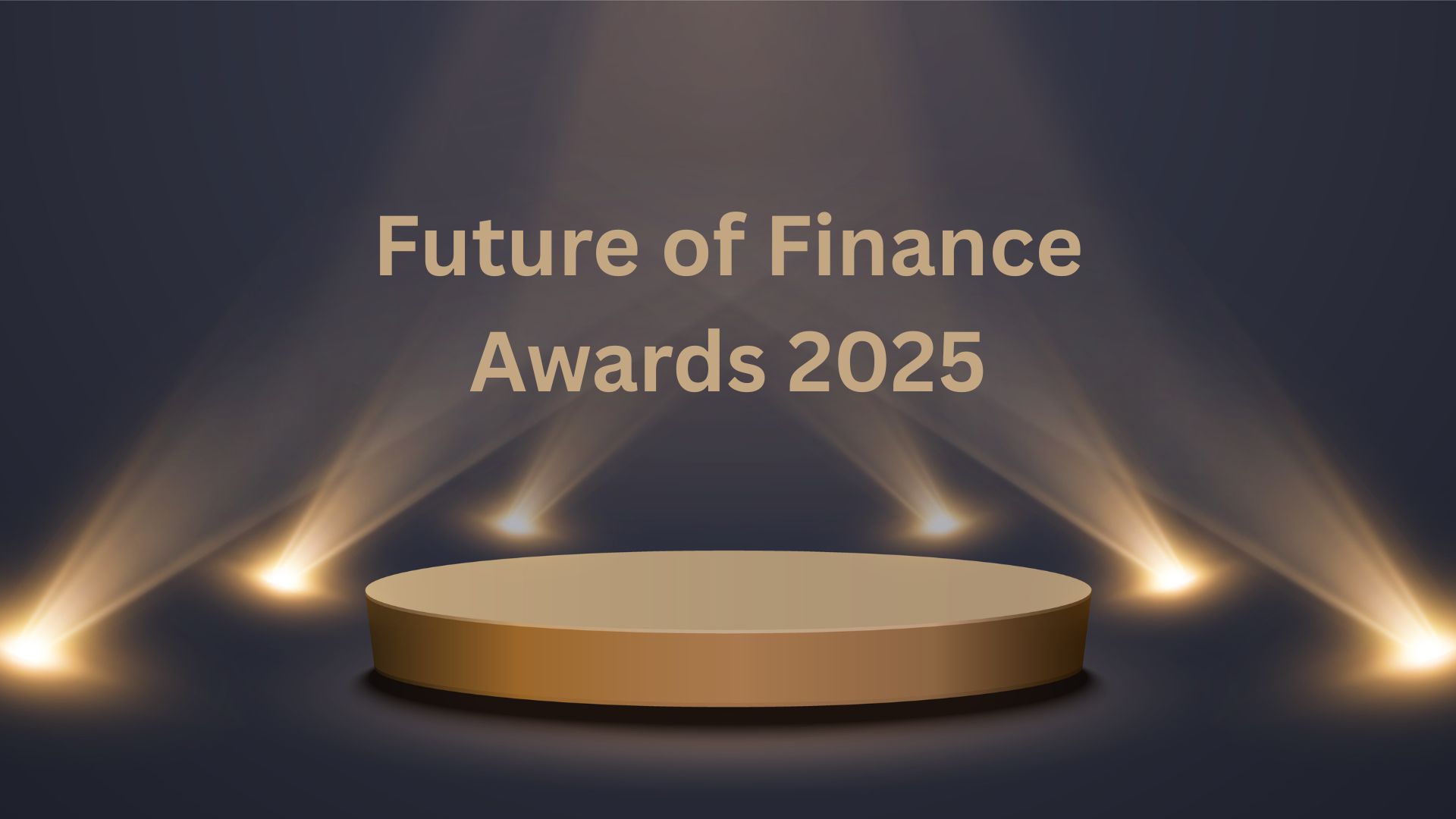10 Reasons Why IMF-World Bank's Move Is a Game Changer for Tokenization
The International Monetary Fund, The World Bank , and the Bank for International Settlements – BIS are collaborating for the first time to "tokenize" some of the financial instruments central to their global operations. This collaboration, which also includes the central bank of Switzerland, Swiss National Bank (SNB) signifies a significant shift towards integrating advanced digital solutions into global financial operations.
Head of Bank for International Settlements – BIS Innovation Hub, Cecilia Skingsley, announced at #ExploringCBDC conference: BIS to collaborate with World Bank & Swiss National Bank on testing tokenization for aiding developing economies.
What is Tokenization? Tokenization refers to the process of converting traditional financial assets into unique digital tokens. These tokens can be used in more efficient and faster systems, making financial transactions and asset management more streamlined and secure.
Initial Focus and Goals: The collaboration's initial focus is on transforming paper-based financial processes, particularly those involved in supporting less economically developed regions. An example of this is the digitization of "promissory notes" used when wealthier countries contribute to The World Bank's funds. By tokenizing these notes, the transfer and management of funds can be expedited, ensuring quicker delivery of development aid to emerging and developing economies.
Policy and Regulatory Integration: A crucial aspect of this initiative is the potential to embed policy and regulatory requirements directly into the tokenization process. This approach could offer innovative solutions to longstanding issues like international money laundering, enhancing global financial security and compliance.
Impact on Central Bank Digital Currencies (CBDCs): The project also delves into the emerging area of central bank digital currencies. As CBDCs gain traction globally, establishing interoperability standards and technology compatibility with existing payment systems is imperative. This effort aligns with the growing need for a cohesive framework for digital currencies in the global financial landscape.
Further Developments and Collaborations: Recently, the Bank for International Settlements – BIS, along with central banks and traditional financial institutions, has been exploring the creation and utilization of tokenized bank deposits. Projects like Mandala, spearheaded by the BIS in collaboration with central banks, aim to automate compliance procedures for both CBDCs and tokenized deposits. Similarly, the Bank of Korea is conducting pilot tests to assess the feasibility of a wholesale CBDC in the settlement of tokenized commercial bank deposits.
The Future of Tokenization: 10 Implications of the Landmark IMF, World Bank, and BIS Collaboration
1. Enhanced Global Financial Integration: This collaboration could lead to a more interconnected financial ecosystem. For instance, tokenizing assets like government bonds across different countries would simplify cross-border investments, making it easier for investors to diversify their portfolios internationally.
2. Acceleration of Digital Currency Adoption: Seeing this collaboration, central banks might expedite the development and rollout of digital currencies, like CBDCs, potentially leading to a more digitized global economy.
3. Innovation in Financial Services: Financial institutions could develop new tokenized products, like real estate funds or art investments, transforming these traditionally illiquid assets into more accessible and tradeable forms.
4. Improved Efficiency in International Transactions: Tokenization could significantly speed up and reduce the costs of international financial transactions, bypassing traditional banking processes and reducing reliance on intermediaries.
5. Greater Financial Inclusion: This technology might facilitate access to financial services in remote or underserved areas, where traditional banking infrastructure is limited, through mobile platforms and tokenized assets.
6. Enhanced Security and Transparency: Using blockchain technology for tokenization ensures a more transparent and secure record of transactions, potentially reducing fraud and errors in asset management.
7. Development of New Regulatory Frameworks: New regulatory standards and laws might emerge for tokenization, shaping how tokens are created, traded, and managed, akin to securities regulation by entities like the SEC.
8. Potential Reduction in Money Laundering and Fraud: Embedding compliance measures within tokenized assets could minimize their use in illicit activities, as these tokens can be programmed to adhere to regulatory requirements automatically.
9. Impact on Traditional Banking: The rise of tokenization might compel traditional banks to innovate and integrate digital tokens into their services to remain competitive in an increasingly digital financial landscape.
10. Cross-sector Collaboration: This initiative could foster stronger partnerships between technology companies, financial institutions, and regulatory bodies, leading to a more cohesive development of financial technologies and systems.
Conclusion:
The IMF-World Bank collaboration marks a pivotal moment in the tokenization landscape, heralding a new era of digital finance. This partnership not only legitimizes but also propels the adoption of tokenization technology globally, paving the way for more efficient, transparent, and accessible financial systems.
In this evolving scenario, platforms like Zoniqx stand at the forefront, offering innovative solutions in asset tokenization. Zoniqx, with its Tokenization Platform as a Service (TPaaS) and focus on Real World Assets (RWA), exemplifies the kind of cutting-edge technology driving this transformation. Its commitment to bridging the gap between traditional and digital asset management through Tokenized Asset Lifecycle Management (TALM) and adherence to the ERC-7518 protocol underlines the potential for widespread adoption and integration of tokenization in various asset classes.
As we witness this positive shift, it’s clear that initiatives like Zoniqx will play a crucial role in defining the future of asset tokenization, democratizing access to private capital investments, and revolutionizing conventional private market practices. This alignment of traditional financial giants with innovative tokenization platforms signals a future where digital and real-world assets seamlessly converge, creating a more inclusive and dynamic financial ecosystem.
Connect with the team of Zoniqx at https://www.zoniqx.com/contact.



